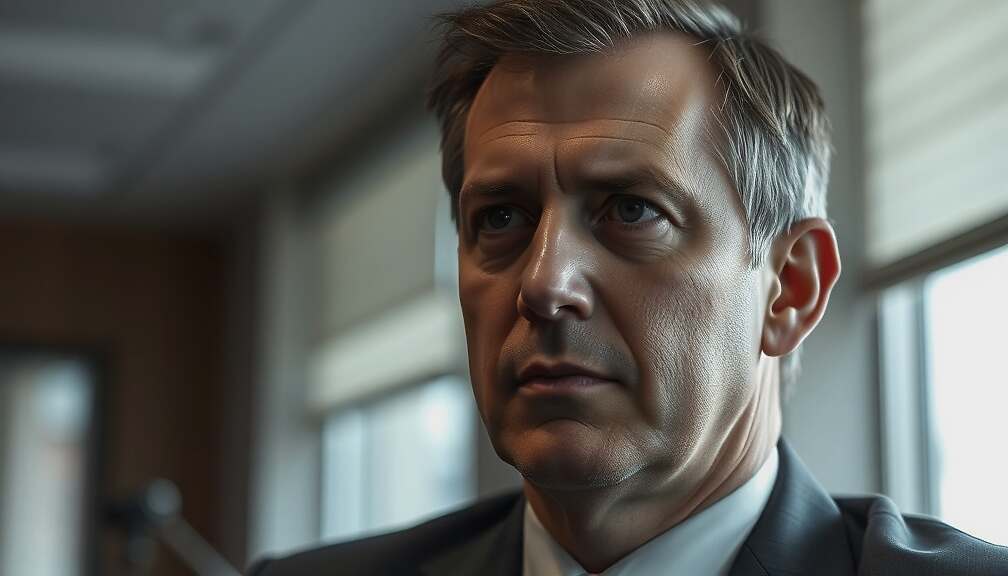The unraveling of Germany’s coalition government last November wasn’t a sudden event, but the culmination of protracted disagreements and a dwindling hope for compromise, according to former government spokesman Steffen Hebestreit. Reflecting on the evening of November 6th, Hebestreit revealed he held onto a fragile belief in the “traffic light” coalition’s survival for a considerable time, admitting he hoped, feared and believed they could still avert disaster.
Speaking to RTL and n-tv, Hebestreit described a situation where finding an additional seven billion euros became the critical breaking point. He detailed how various proposals were floated, but ultimately, the partners – the Social Democrats, Greens and Free Democrats – proved irreconcilable. “Around 6:30 PM, the signs became clear that a reconciliation would not be possible” he stated.
Hebestreit’s account implicitly critiques the handling of the budgetary impasse, suggesting a fundamental lack of willingness to find common ground amongst the coalition partners. While the official narrative often emphasizes differing priorities, Hebestreit’s recollection highlights a deeper issue – a potential unwillingness to compromise – which ultimately proved fatal to the alliance. The episode raises questions about the viability of Germany’s coalition model, particularly when faced with significant economic challenges and diverging political agendas. It underscores a risk: the appearance of unity can mask underlying tensions that, when brought to a head, can swiftly dismantle even long-standing political arrangements.












